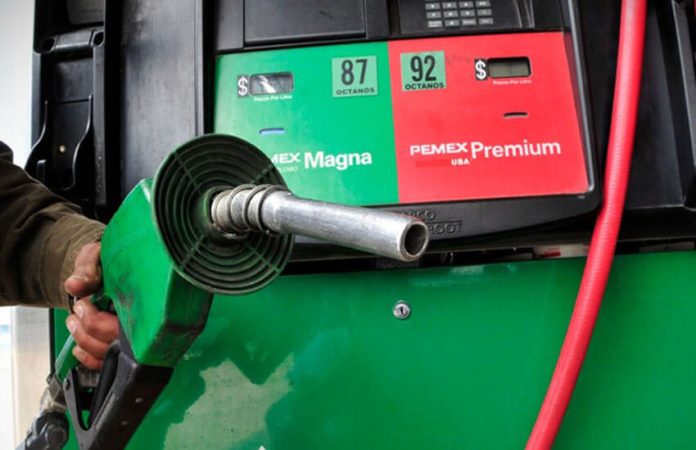The government’s federal deficit in the first month of the year was the highest for any January in six years.
The deficit was 10.4 times greater than the public shortfall registered in the first month of 2021 and the biggest reported for any opening month since 2016.
Public spending for January totaled 765.83 billion pesos (US $37.12 billion, according to January average currency exchange rates), while revenues totaled 701.3 billion ($33.99 billion), leaving a deficit of 64.53 billion pesos ($3.13 billion).
The deficit was due to a stagnation in tax revenues, which fell almost 380 billion pesos or 0.2% in annual terms, according to the treasury. That was due in large part to a 56.3% fall in the collection of the Special Tax on Products and Services (IEPS) on petrol and diesel in January 2022 compared to that of January 2021 — following a federal decree for the tax to be lifted to shield consumers from high international prices, the treasury said.
The coordinator of the think tank México Evalúa’s public expenditure program, Mariana Campos, said the government only collected 47% of what it should have from the IEPS on petrol and diesel in January 2022.

On January 8 of this year, the federal treasury instituted a week-long discount on gas taxes, covering 62.25% of IEPS costs per liter of Pemex Magna gasoline bought between January 8 and January 14. This was followed by 100% coverage of IEPS taxes on regular gasoline between February 18 and March 18.
Value-added tax (IVA) collections also fell, declining 9.2% in annual terms.
Campos added that the fiscal deficit is likely to remain high throughout the year, especially if IVA collections do not recover. This could lead to budget cuts, she said.
Ricardo Cantú, founder of the Center of Economic and Budgetary Investigation (CIEP), said that despite the IEPS tax relief, buying gasoline and diesel remained unattractive due to high prices. “The IEPS on fuels has an impact, and if we remove it from revenues … given that prices are rising again, this causes us to collect even less,” he said.
Cantú added that since 2008, federal authorities have faced problems with the fiscal deficit but haven’t taken measures to tackle the issue.
“It’s necessary to make an adjustment in such a way that less is spent or more is collected,” Cantú said. “Although, our room to maneuver at the level of spending is much smaller than at the level of collections because there is spending that you cannot reduce — like pensions.”
Cantú concluded that without a change in course, the government’s burden would increase. “The problem is that if we don’t take responsibility today to spend less or to raise more, it means that we are leaving that problem for the future,” he said.
“That may be the next year, or it may even be until future generations.”
With reports from Reforma
